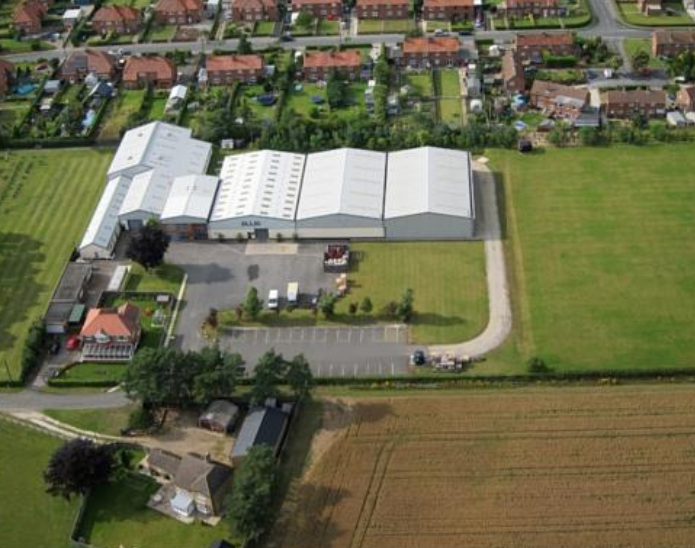 After speaking remotely from Uruguay to UK manufacturers today as part of the first Made in Britain marketing for manufacturers workshop, I thought I’d share with you some thoughts on using the Made in Britain marque in Latin America.
After speaking remotely from Uruguay to UK manufacturers today as part of the first Made in Britain marketing for manufacturers workshop, I thought I’d share with you some thoughts on using the Made in Britain marque in Latin America.
Across the whole of Latin America, Made in Britain products are seen as reliable, of quality, “honest”. To make the most of this, using an established marque adds value, because origin matters. Again and again we present British products in Latin America and when local business people pick up the samples, they observe them in detail and often come up with remarks such as “this looks very solid”, “this is a top quality product” and so on. And they explicitly ask if those products are just designed in the UK or actually made in the UK. They look reassured when we say, with pride, that they are manufactured in the UK.
You will find that in Latin America, as it might seem obvious if you grab a map, the more North you go (so think of Mexico, Central America and Colombia, for example), the more local buyers will favour US brands and US manufacturing in general. I think that’s a great advantage for British manufacturers: your local clients and distributors will be quite curious and interested in working with a European manufacturer and, even more so, with a British brand (you’ll need to help them a bit with logistics, currency, etc). Further South, towards Argentina, Brazil, Uruguay, Chile, we are a lot more used to European brands, so British origin is something we are familiar with. Here your country brand competition will probably come from Germany.
“Made in Britain” to us in Latin America means prestige, quality, tradition. It means solidity, and people will quickly think of brands such as Aston Martin or Rolls Royce. “La crème de la crème”, as they call it here, the best of the best. Who wouldn’t love to have such a powerful country brand?

Follow Made in Britain on Twitter for some great online networking!
The only disadvantage you might find is that “Made in Britain” might be associated with “expensive”. That’s something you need to tackle head on and even pre-empt. Mention how weak the pound is right now (they probably won’t know it’s pretty close to the USD), mention the markets you’ve accessed (especially if you are already in other emerging markets, they won’t want examples of your sales to “first world” Finland, they want to know what you’ve done in this region or in other developing countries). Use the power of “Made in Britain”, mention cities like Manchester, Liverpool, Newcastle or whichever one you’re based near. They will recall their school lessons on the Industrial Revolution (and, failing that, at least they’ll recognise the odd football team, which is a great ice-breaker and the Premiership is also seen as the best of the best of football!)
The other question we get often is “we didn’t know there was any manufacturing going on in Britain any more” (you probably get this in the UK, too, right?). In which case, I’m sure you’ll have a response ready! Mine tends to be “we only manufacture the best, what can’t be manufactured anywhere else, can I tell you why?” and then I explain the advantages of my products and why it matters that they are manufactured in the UK (because of control over the process, quality of labour, skills needed, tradition, importance of origin, etc).
I totally recommend you add some colour to your Made in Britain speech, too. What I usually do at presentations is to show a picture of the factory. Look at the one below, from Ellis Patents in Yorkshire, isn’t this ever so British? They love it in Latin America. I normally tell them, in just 30 seconds, where we are located (“in Aberdeen, Scotland, that’s where the best whisky comes from”, or “not far from Manchester, in the English countryside, but we are not Man Utd fans, you see” or “our factory is located in a village that looks a lot like what you see in Downtown Abbey, have you watched it?, “not far from Liverpool, that’s where the Beatles come from, and the first ships that…”). You get my point: be proud, add some colour, some proximity. Make them fall in love with the place your products come from (it doesn’t matter how grim you think it is, I can assure you that I can say something wonderful about it!).

But Made in Britain is more than a (rather powerful) marque. I encourage you to get involved and make the most of your membership, to get in touch with other manufacturers and share experiences and journeys. Made in Britain can be a powerful club for manufacturers to learn from each other and go global together.
Enjoyed this post? Sign up to our monthly Latin America newsletter!
